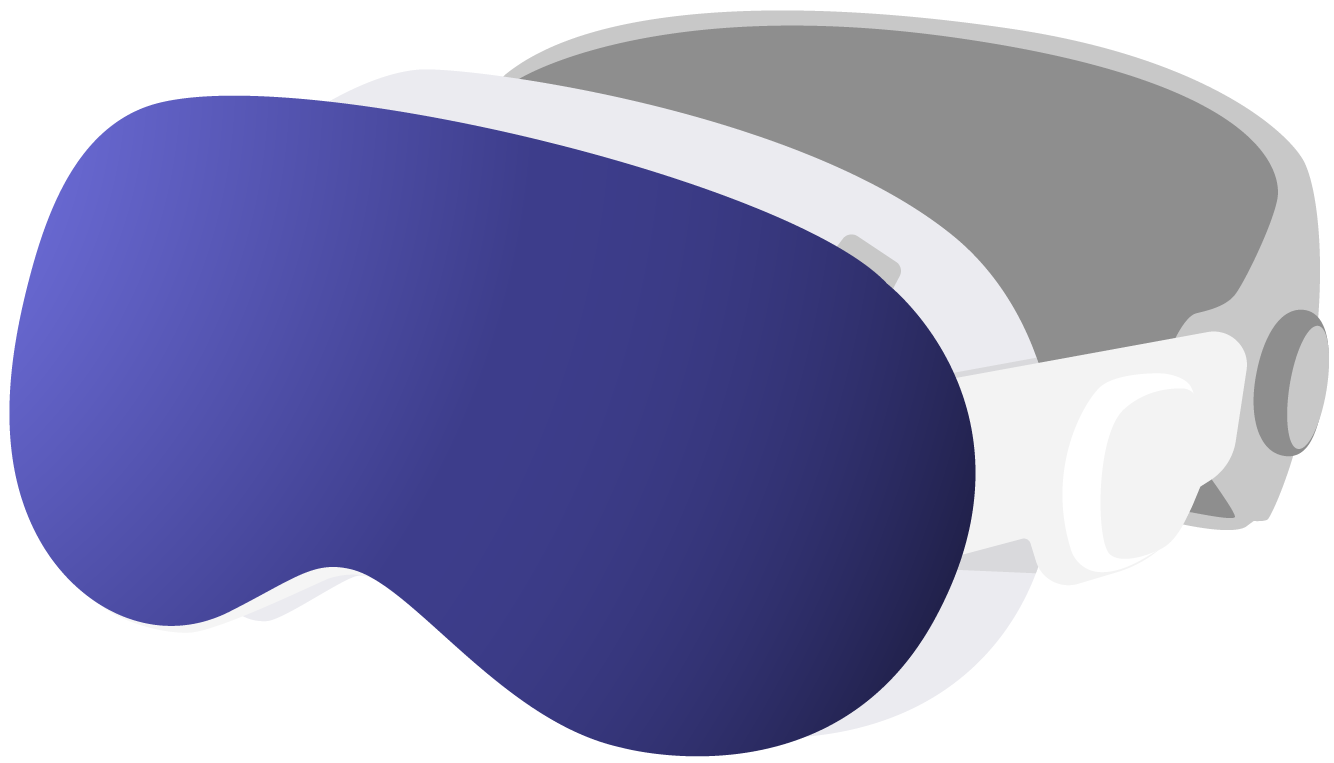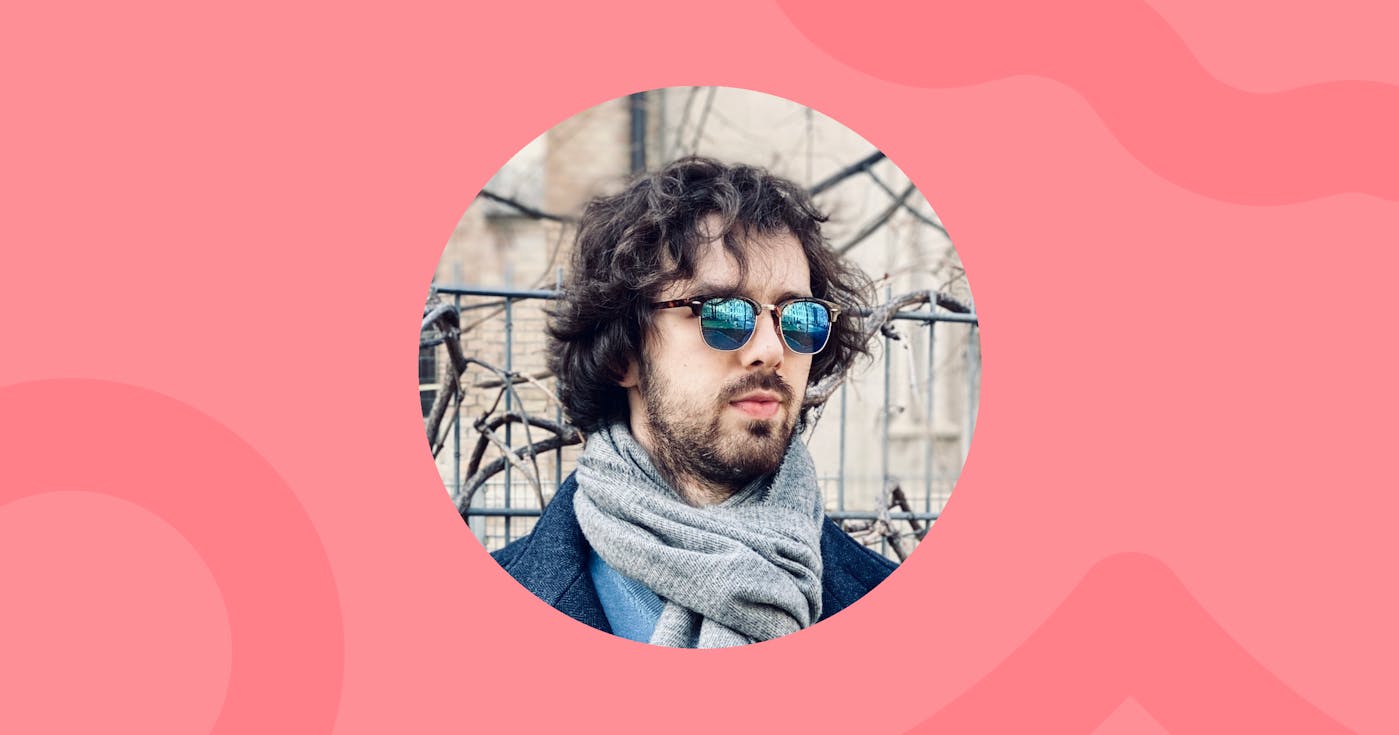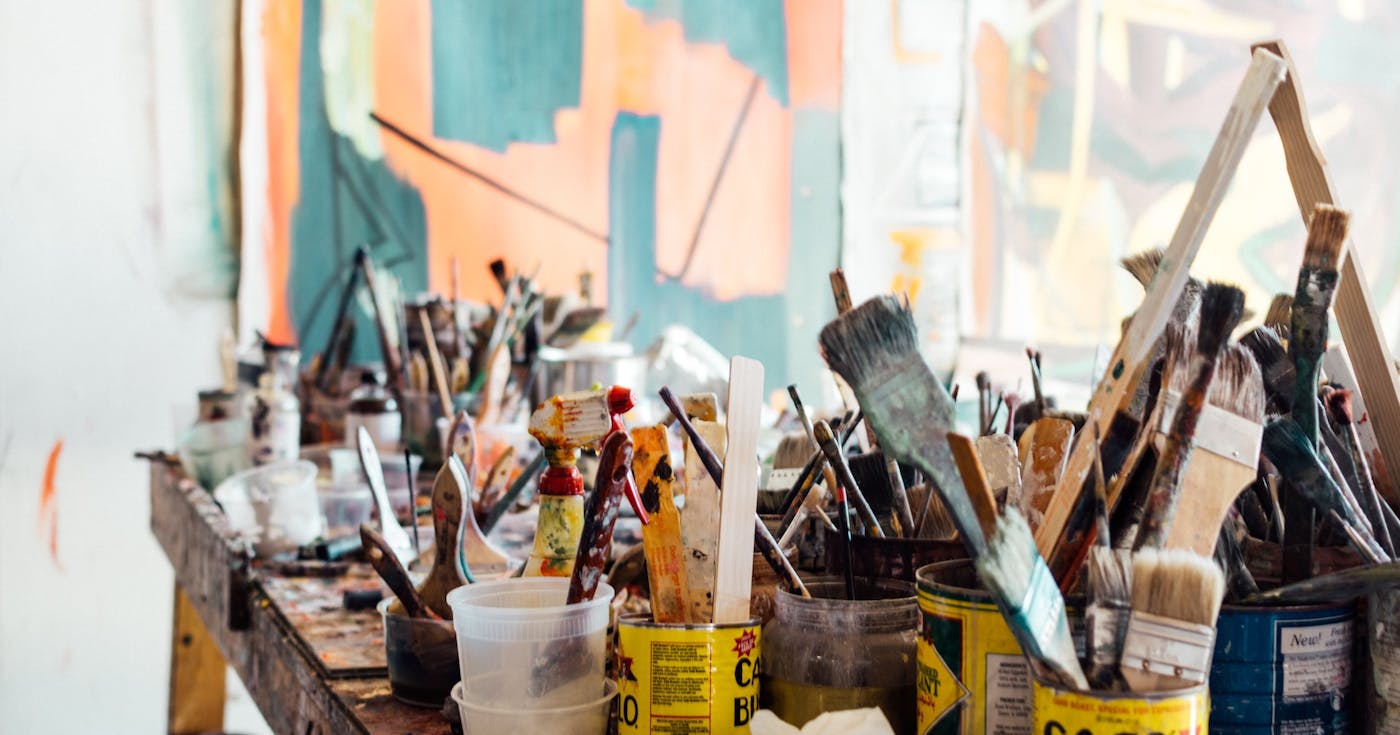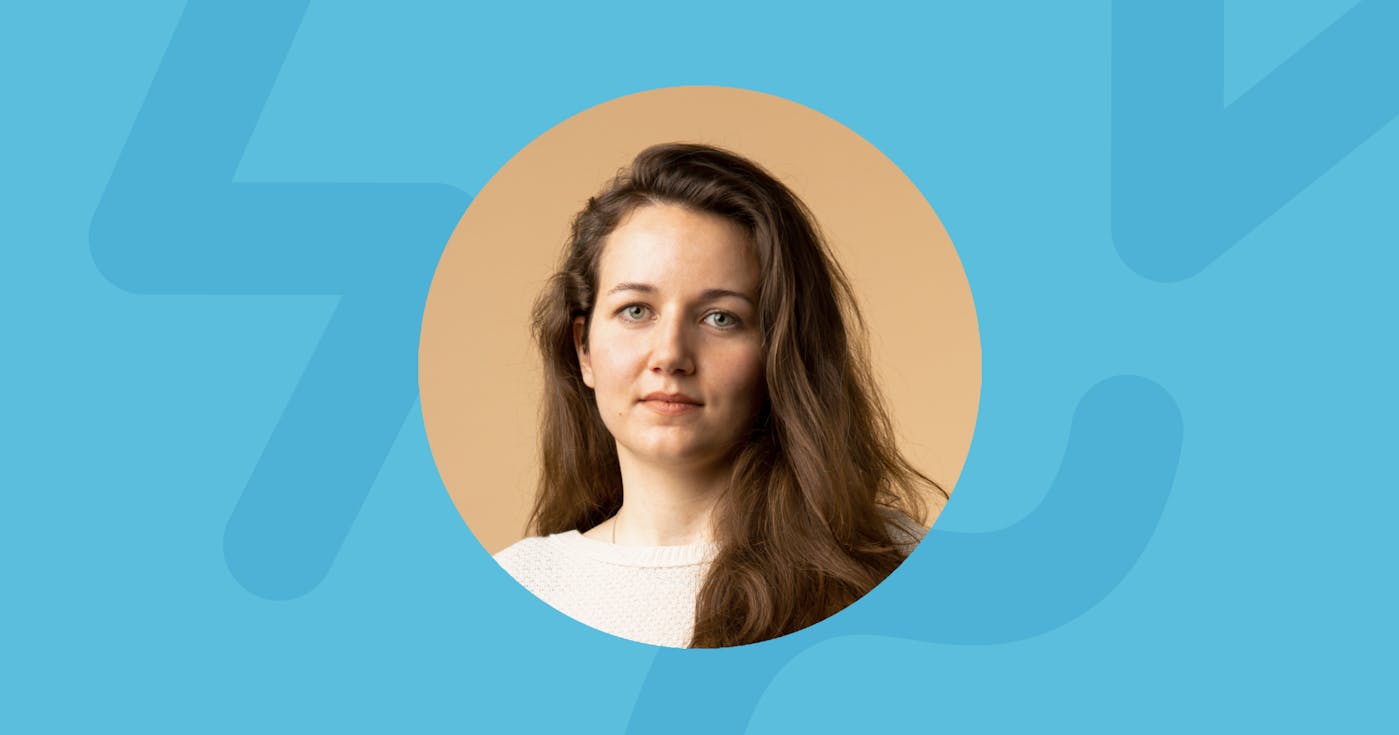
How To Learn Faster and Better
Many of us believe that if we want to learn something new, like a new skill, that all we need to do is sit down, read the book and then practice. I can show you a better way to learn.
A favourite online personality, Ramit Sethi, often admonishes his students saying “front load the work”. Basically he means come prepared to meetings, projects and interviews.
But it goes deeper than that. It’s about being smart and structured with your planning. If you plan while you have that initial bout of motivation, you have a chance to set yourself up to make the actual work automatic and easy.
One common adage is that it takes 10,000 hours to go from beginner to expert. And yet, when scientist look at elite musicians, or athletes, they find that the difference between the best and the very best is not in the hours of practice, but in the way they practice.
I’m going to be using guitar playing as an example for this post, because it is something I am personally interested in, but these principles transfer equally well to anything you want to learn. I found mind mapping in this context extremely helpful as it allowed me to go from general themes to more and more detailed analysis of what it is I need to learn and achieve.
Each learning process has two goal components, result and process goals. For the first you imagine yourself as having succeeded and set a goal for *what it means to have achieved the skill*. In my case what I really want is to sit around at the beach with my friends and be able to play a song with them. I picked two songs that I wanted to be able to play, to consider myself a guitar player. Learning classical guitar skills would not bring me there and would likely not be interesting. Picking two songs is a good start for the next part of planning.
The second goal is a goal of how much time you are going to invest, like “I will practice 10 minutes a day”. For skills that require a lot of dexterity or muscle memory shorter more frequent sessions are ideal. That said. Having one practice session a week is infinitely better than no practice session, so set your goal in a way that is achievable.
Now that you have your goals, let’s go into details. Look at your goals and identify the skills that you need to achieve them. This will be a little like Arya stabbing around in the dark, trying to hit her adversary. At first you will fail, but soon you will find things that add to your picture.
For learning the guitar there are two major components, Muscle Memory and Musicality. You have to develop the finger strength and independence to make the chords, or pick strings and you have to develop left and right hand coordination. On the other hand it helps to understand rhythm and the ability to hear if what you are playing matches the sound in your head. Beyond that anything that requires tools, requires that you know how to take care of these tools.
From here it is even easier to break down the goals you have. A little bit of googling got me to Tim Ferris’ blog where his guest and readers take apart learning the guitar effectively.
Another big component of learning is to know what you are practicing. To this end you can record yourself at the end of each practice session doing what you just learned. Then at the beginning of the next, with fresh eyes, watch what you did and decide what you are going to practice today and what progress you are making. At the end you record again. This is one excellent way to keep you on track to reaching your learning goal.
Another way to keep yourself on track is to find allies and support. Find someone to cheer you on, a teacher who or friend who is more knowledgeable in what you want to learn, someone who will check in that you did what you committed to and whatever else you think you need in support. The great thing about learning as adults is that we are not required to study in the way we did in school, or going to piano lessons. We can choose to get instructions in a way and from someone that works for us. But this only works, if we have done the work before hand to understand what we are trying to achieve.
In the end I decided that, knowing what it took to learn the guitar, I would rather not do it and enjoy other people making music for me. After wistfully staring at guitars for years, wishing I could play, I feel content now knowing that I decided not to.
Photo by Ernesto Pletsch, licensed under Creative Commons by license, modified.
Get MindNode
Download MindNode now and start exploring your ideas in a whole new way.









